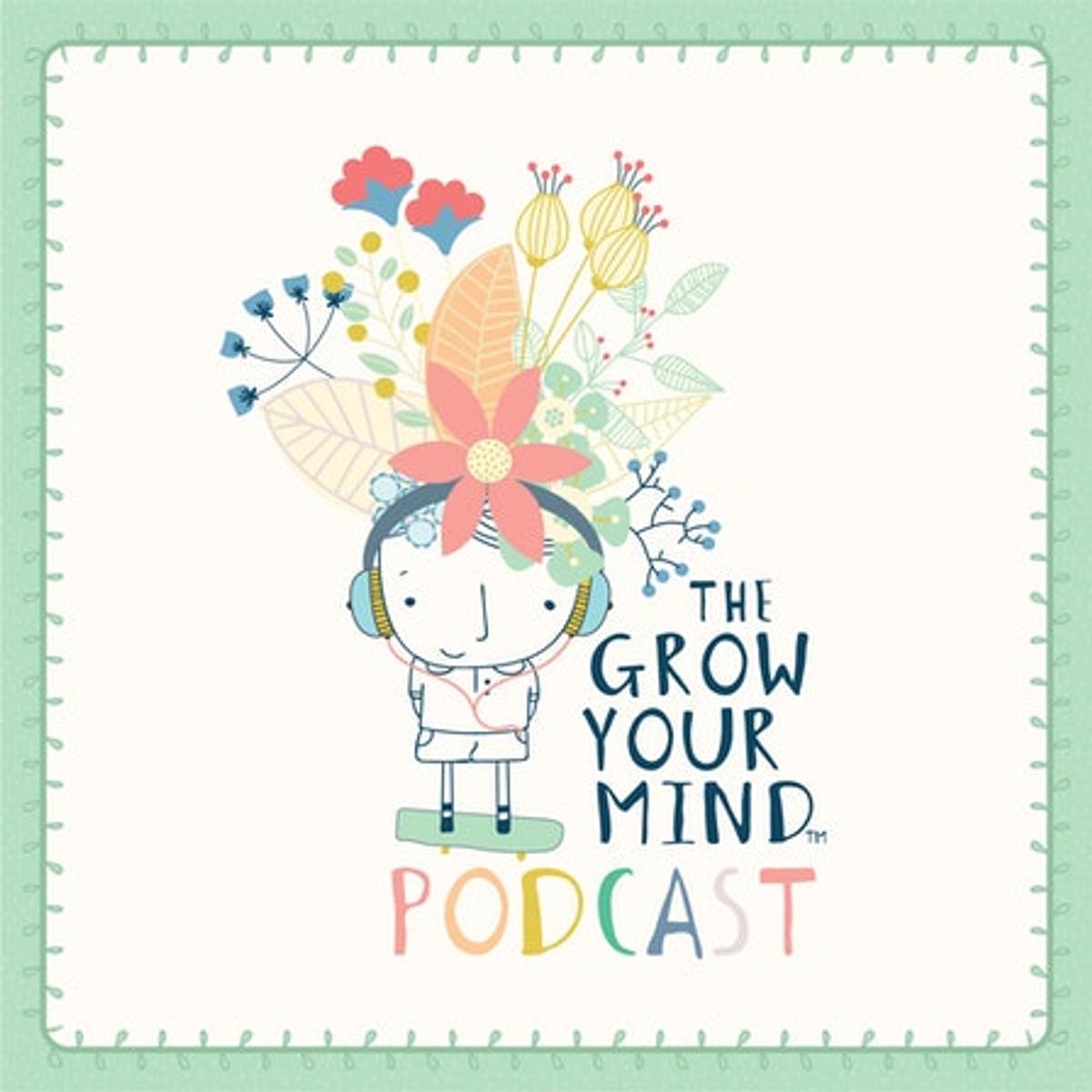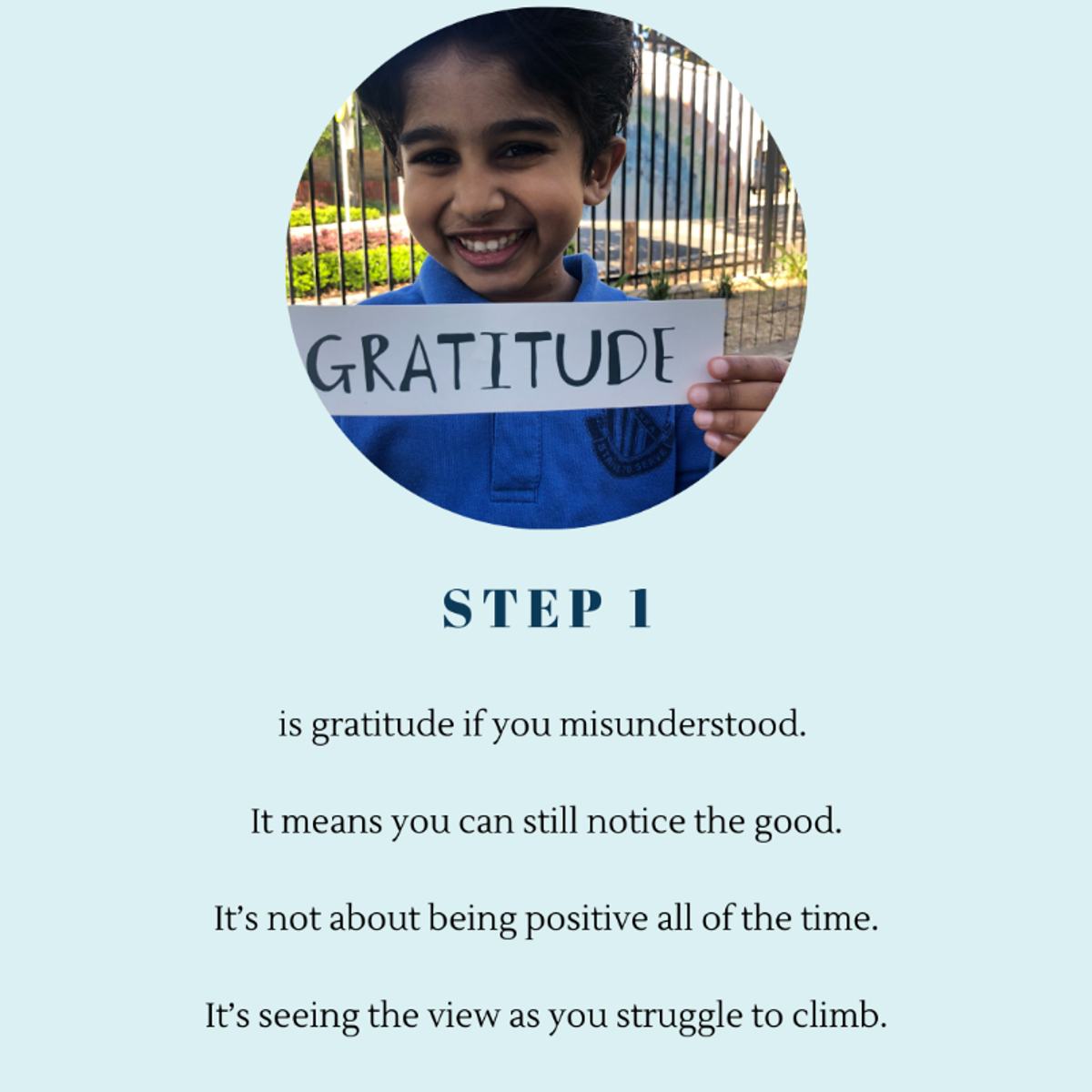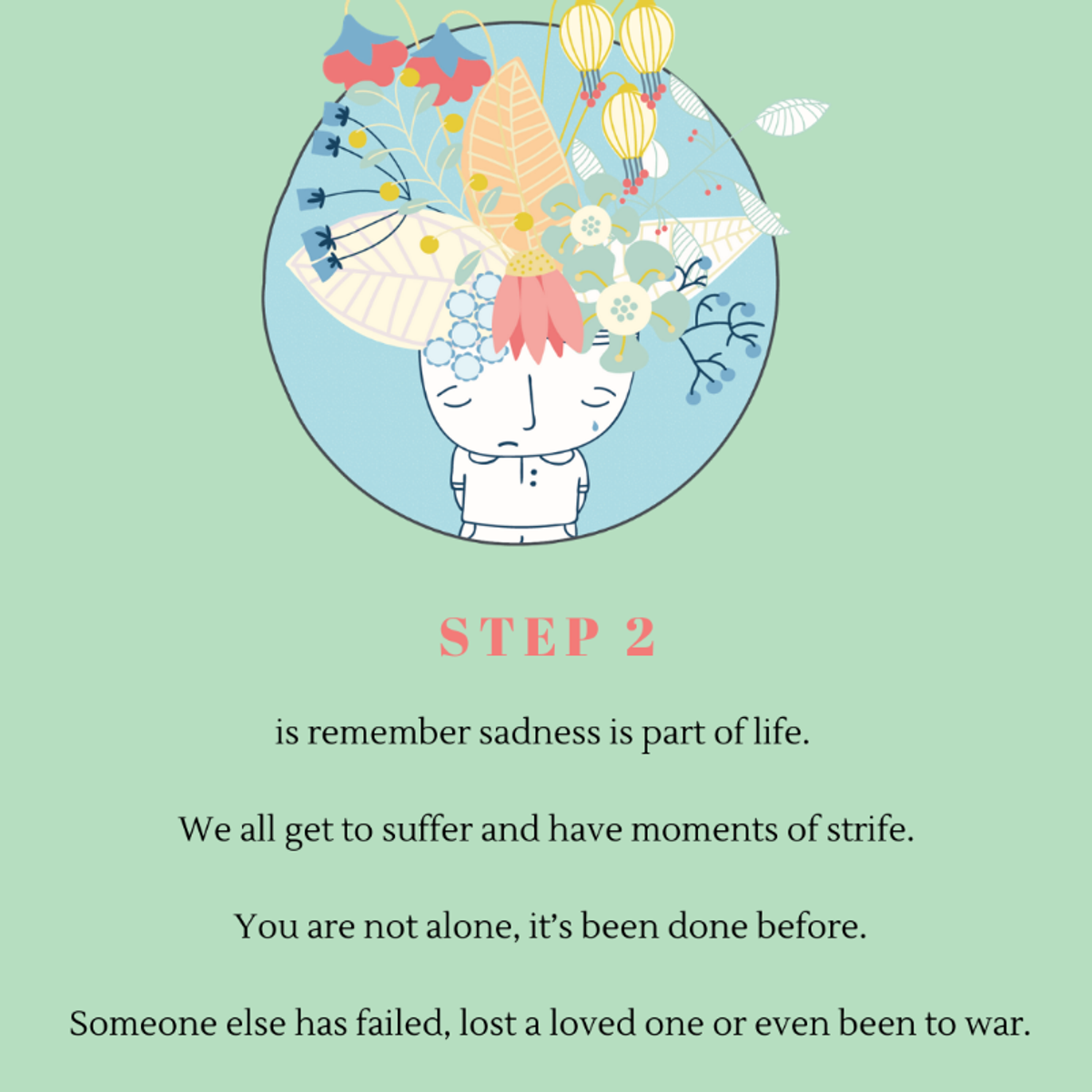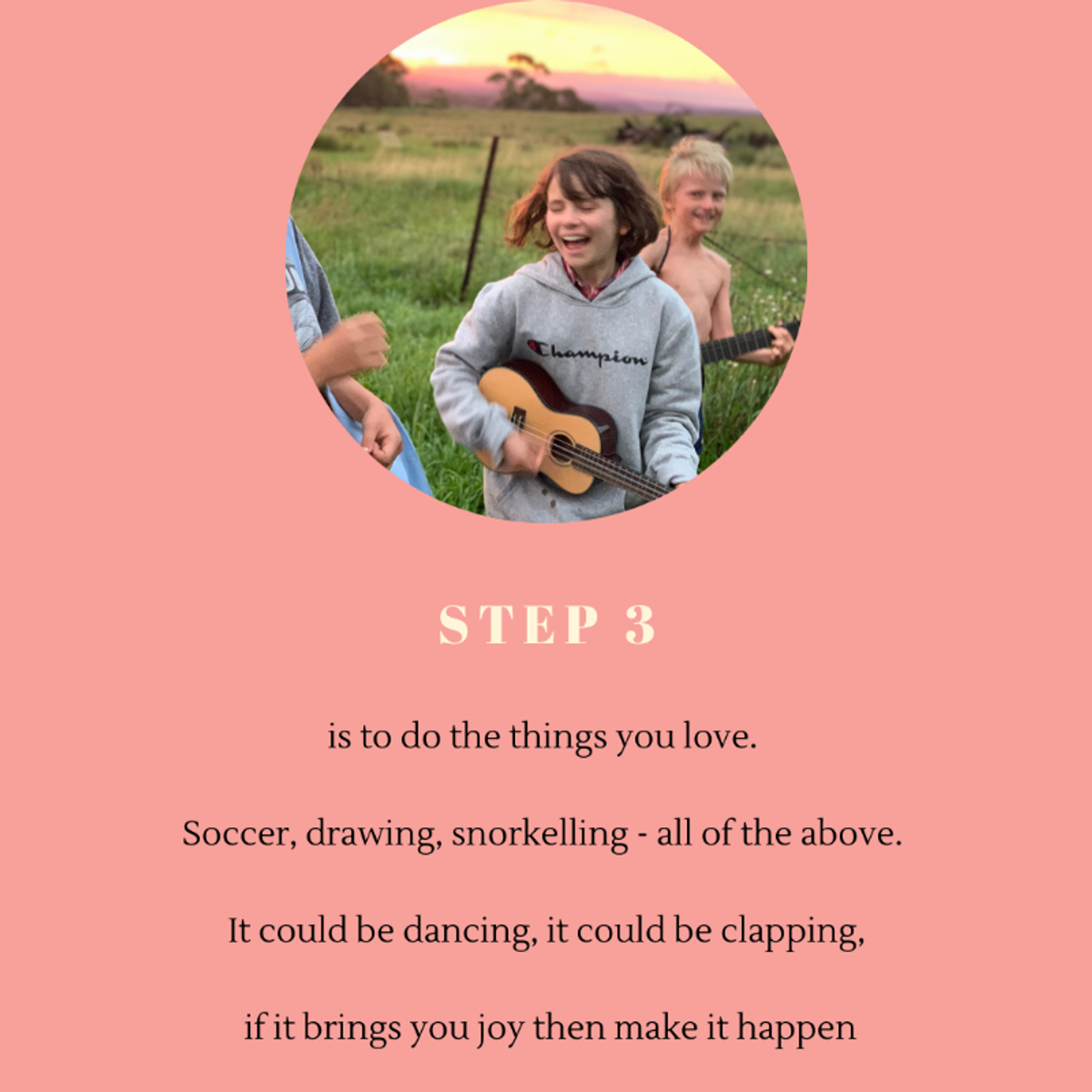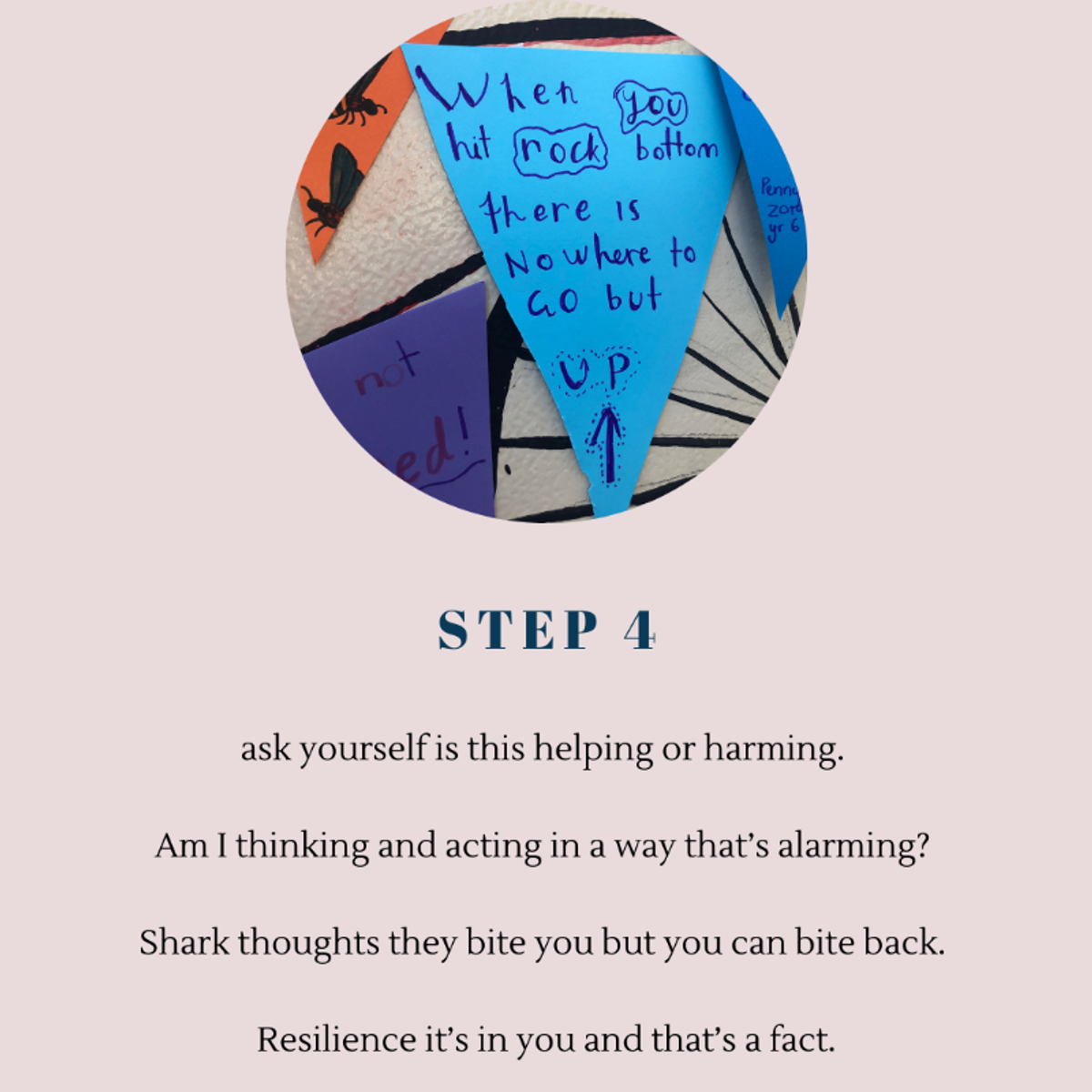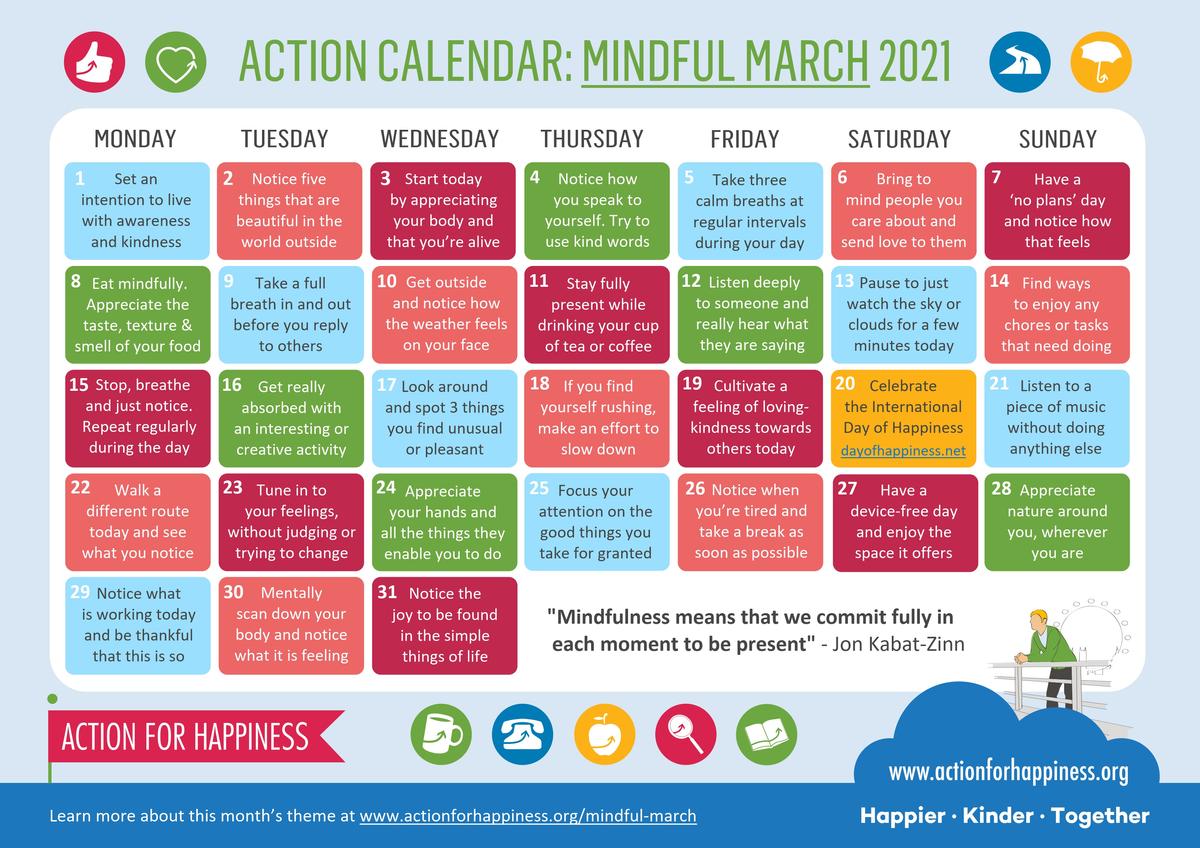Wellbeing

Wellbeing Literacy Leader - Emily Murcott
Resilience
Resilience. Let's face it we all want it in ourselves and we desperately want it in our children. The good news is, resilience is not an elusive trait just for the genetically blessed. We don't expect our kids to understand maths or spelling without being taught - the same applies to resilience. This episode aims to break down some of the myths when it comes to being and feeling resilient. It also explicitly teaches children & adults alike the 4 key steps to building resilience through a delightful rap.
Grow Your Minds Podcast
This episode the kids explore what RESILIENCE, what it feels like and how we can grow it. We’re also excited to bring you the first Grow Your Mind song - performed by young Sydney rapper Luke. Want MORE!? Download your free, themed colouring-in sheets that go with each episode and colour-in while you listen.
Click here to listen to the podcast, "You Can't Grow It Alone"
Action For Happiness Calendar - March
This months Action For Happiness Calendar is focusing on Mindfulness. Have you ever felt there must be more to life? Well good news, there is! And it's right here in front of us. We just need to stop and take notice. Learning to be more mindful and aware can do wonders for our well-being in all areas of life - like our walk to work, the way we eat or our relationships. It helps us get in tune with our feelings and stops us dwelling on the past or worrying about the future - so we get more out of the day-to-day.
Benefits of Mindfulness
Mindfulness has been shown to help people manage pain, reduce blood pressure, anxiety and depression. [1] In some situations it has been shown to benefit the immune system and improve certain skin conditions. [1][2][5] It has even been shown to be related to elderly people living longer. [6] Indeed mindfulness is increasingly used in a variety of healthcare settings. [2]
Recent research suggests that mindfulness literally changes our brains - for the better. People who have practiced it regularly, show fewer signs of stress, positive changes in the parts of the brain associated with positive emotion [9], distinct patterns of activity associated compassion towards others and thickening of the areas of the brain associated with sensory processing. [2]
Mindfulness Helps To Manage Stress
Mindfulness appears to be an effective way of managing stress levels. Several studies have shown that various forms of mindfulness practice are associated with reduced levels of the stress hormone, cortisol. Indeed some researchers argue that mindfulness practice reverses the effects of chronic stress. [2] Another study found that experienced meditators had a heightened initial reaction to a stressful stimulus but recovered more quickly. [2] Other researchers have demonstrated that individuals with higher levels of mindfulness viewed demanding situations as less stressful and were less likely to avoid dealing with them. [3]
Mindfulness is also associated with the benefits of greater relaxation and rest. But it is not the same as these. During the practice of mindfulness, the awareness is active and science has shown that there are physiological differences when compared to periods of rest or relaxation. Interestingly, it also seems to help us be more relaxed but more alert. [2] Higher levels of mindfulness have also been recently associated with better quality sleep. [4]
Mrs Donnelly, our library extraordinaire had two wonderful young ladies, Jamieson D (56V) and Sophie VD (56L) approach her last week to ask if there is anything they could help her with in the library. They even offered to use their own play time to support Mrs Donnelly by stamping, sorting and delivering the Book Club brochures to the class tubes, ready to go home that afternoon.
It is acts of kindness like this which are truly appreciated as these students have gone out of their way to be kind and to support other people!
Well done Jamieson and Sophie!
References
[1] Huppert, F.A. (2005). Positive mental health in individuals and populations. In Eds. F.A.Huppert, N.Baylis, & B.Keverne.The Science of Wellbeing. Oxford: Oxford University Press.
[2] Shapiro, S.L. (2009) Meditation and Positive Psychology. In Eds: S.J. Lopez & C.R. Snyder,Oxford Handbook of Positive Psychology. NY: Oxford University Press
[3] Weinstein, N, Brown, K.W. & Ryan, R.M. (2009). A multi-method examination of the effects of mindfulness on stress attribution, coping and emotional well-being. Journal of Research in Personality, 43, 374-385.
[4] Howell,A.J., Digdon,N.L., Buro,K, & Sheptykcki, A.R. (2008). Relations among mindfulness, well-being and sleep.Personality and Individual Differences, 45, 773-777.
[5] Marianette, O. & Passmore, J. (2010). Mindfulness at work: Paying attention to enhance well-being and performance. In Eds: P.A. Linley, S.Harrington & N.Garcia,Oxford Handbook of Positive Psychology and Work. NY: Oxford University Press
[6] Alexander, C.N., Langer, E.J., Newman, R.I., Chandler, H.M. & Davies, J.L. (1989). Transcendental meditation, mindfulness, and longevity: An experimental study with the elderly. Journal of Personality and Social Psychology, 57, 950-964

